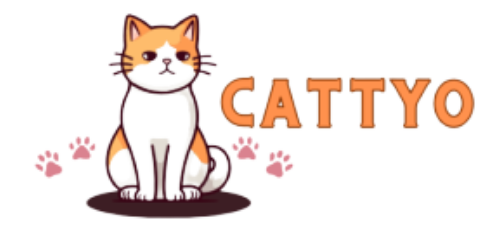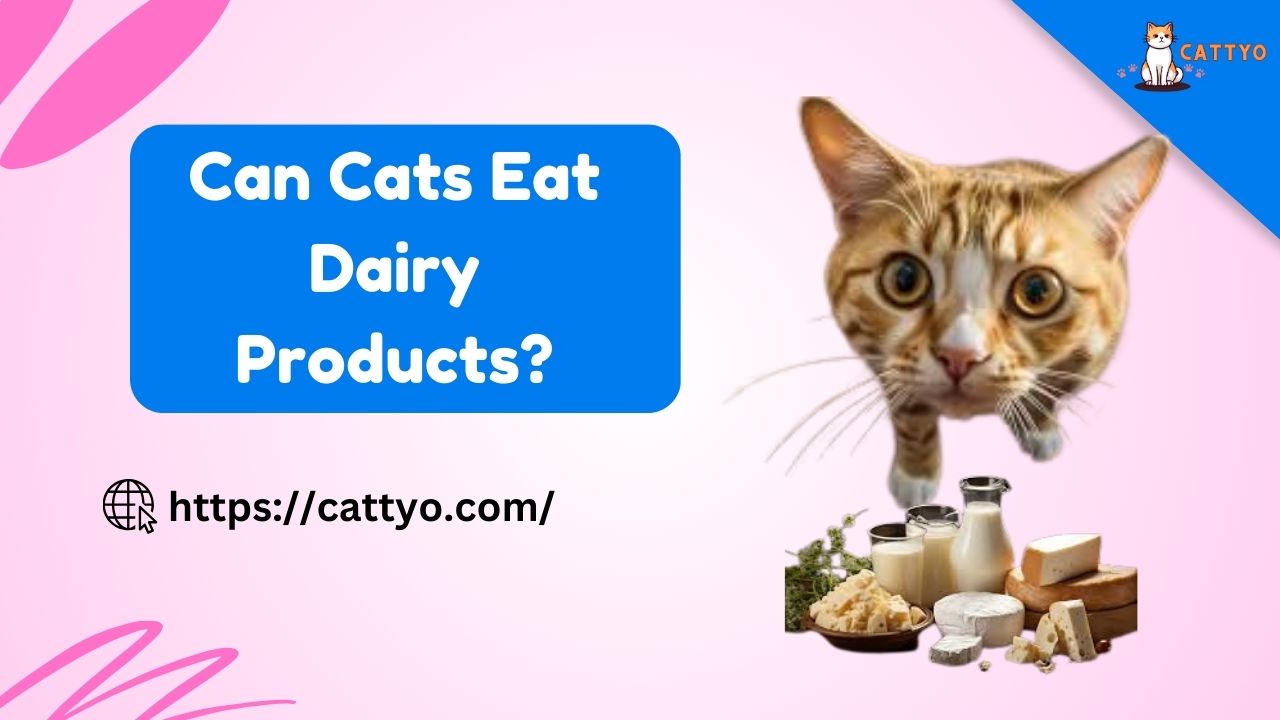If you’ve ever shared a bowl of cereal or a slice of pizza with your furry feline friend by your side, you’ve probably been tempted to sneak them a tiny nibble of your dairy.
But here’s the million-dollar question: can cats eat dairy products without it causing them harm?
If you’re like many cat owners, the idea of a cat enjoying a bit of cheese or a spoonful of cream might seem totally natural.
After all, some of us have grown up watching cartoons where cats go wild for milk, right? But is that just a funny image or a reality we should be cautious about? Let’s dive in.
A Quick History Lesson: The Milk Myth
First, let’s talk about the classic image of a cat drinking a bowl of milk. This has been a staple of cartoons and popular culture for decades.
I mean, who can forget the classic scene of a content cat lapping up a bowl of milk with a satisfied purr in every old-fashioned animated film?
But here’s the truth: most adult cats are actually lactose intolerant. That’s right, while the milk myth is cute, it’s not necessarily kind to your kitty.
You see, cats are obligate carnivores, meaning their bodies are not designed to digest plant-based foods—or, in this case, dairy.
When cats are kittens, they rely on their mother’s milk, but as they grow older, their bodies lose the enzyme needed to break down lactose, the sugar in milk.
For many cats, drinking milk can lead to uncomfortable symptoms like stomach upset, diarrhea, and gas.
But wait—what about those cats that seem to handle a bit of milk just fine? Let’s explore that.
Not All Cats Are the Same
I’ll admit, my own cat, Whiskers, seems to enjoy a little sliver of cheese every now and then, and sometimes she doesn’t get any stomach issues.
But here’s the kicker: even if some cats can tolerate dairy in small amounts, that doesn’t mean it’s good for them.
In fact, the risks still outweigh the benefits when it comes to giving your cat dairy products.
So, What Happens When Cats Eat Dairy?
When a lactose-intolerant cat consumes dairy, their body struggles to break down lactose.
This results in gastrointestinal distress—we’re talking bloating, cramping, diarrhea, and, well, a very unhappy kitty. This could even lead to dehydration if your cat’s diarrhea persists for too long.
Here’s a real-world example: Imagine a fluffy cat named Charlie who loves hanging out in the kitchen when you’re making breakfast.
One day, you decide to share a bite of your cheese omelet with him. The next thing you know, Charlie’s racing to the litter box, and you’re left cleaning up an awful mess.
This isn’t just inconvenient—it’s downright unpleasant for both you and Charlie.
So, while the occasional nibble might not immediately cause a problem, it’s better to err on the side of caution.
Dairy Alternatives for Cats: What’s Safe?
Now, don’t think you have to leave your cat out of the fun completely. There are plenty of safe treats and alternatives that won’t cause them any digestive distress.
In fact, there are even specially formulated lactose-free milk products made just for cats! They’ve been designed to give your kitty the joy of “milk” without the tummy troubles.
You can also try treats made with high-quality protein—think chicken or tuna-flavored snacks that cater to your cat’s natural carnivorous diet.
Let’s not forget the wonder of catnip. It’s not dairy, but it’s sure to bring out a whole different kind of “cat joy” in your pet. And trust me, catnip’s way better than any slice of cheese.
So, Can Cats Eat Dairy? The Bottom Line
In the grand scheme of things, while it’s cute to imagine your cat indulging in a creamy treat, dairy isn’t the healthiest or safest option for them.
Cats are simply not built to digest it, and more often than not, it leads to gastrointestinal problems. Sure, some cats might manage to eat small amounts without issue, but that doesn’t make it a good habit to start.
Now, does that mean your cat’s life has to be devoid of any indulgences? Absolutely not! Just find some alternatives that are suited to their unique digestive system. Your cat will thank you in the long run—and so will your carpet.
Table: Dairy Alternatives for Cats
| Dairy Product | Is It Safe for Cats? | Alternative Option |
|---|---|---|
| Milk (Regular) | No | Lactose-free cat milk |
| Cheese (Soft/Creamy) | No | Protein-based treats |
| Ice Cream | No | Catnip or tuna treats |
| Butter | No | Freeze-dried meat snacks |
| Yogurt (Regular) | No | Special cat dairy alternatives |
FAQs on Can Cats Eat Dairy Products?
1. Can cats drink milk without getting sick?
Some cats can tolerate a small amount of milk, but the majority of cats are lactose intolerant and can suffer from stomach issues like diarrhea and vomiting if they consume dairy.
2. Why do cats love dairy so much?
Cats are often attracted to the smell and texture of dairy products, and the idea of milk might be ingrained in them from kittenhood when they were nursing. However, just because they like it doesn’t mean it’s good for them.
3. Are there any safe dairy products for cats?
Yes! Lactose-free milk specially made for cats is safe. You can also offer your cat protein-based treats that cater to their dietary needs.
4. What should I do if my cat eats dairy?
If your cat consumes a small amount of dairy and shows no symptoms, don’t panic. However, if they experience symptoms like diarrhea or vomiting, remove dairy from their diet and monitor their condition. If symptoms persist, consult your vet.
5. Can I give my cat cheese as a treat?
While some cats seem to tolerate small amounts of cheese, it’s not an ideal treat for them. Over time, it could lead to digestive issues, so it’s better to stick with meat-based treats.
6. Is it okay for kittens to drink milk?
Yes, kittens can drink their mother’s milk or a specially formulated kitten milk replacement. However, as they grow and transition to solid food, they should gradually stop drinking milk.
Final Thoughts
As much as we might like to share a piece of pizza with our cats or toss them a leftover spoonful of yogurt, the reality is that cats aren’t built for dairy.
While it’s easy to fall for the cute cat-and-milk stereotype, it’s important to remember that dairy could upset your cat’s stomach and lead to longer-term health issues.
If you’re ever in doubt about what treats are best for your furry friend, consult with your vet.
In the meantime, enjoy your cheese, and let your cat indulge in treats that are both safe and satisfying for their carnivorous needs!





